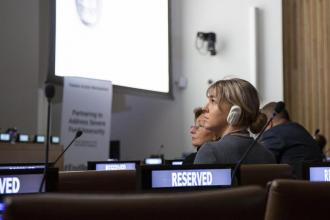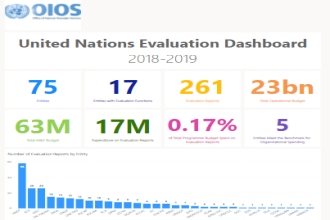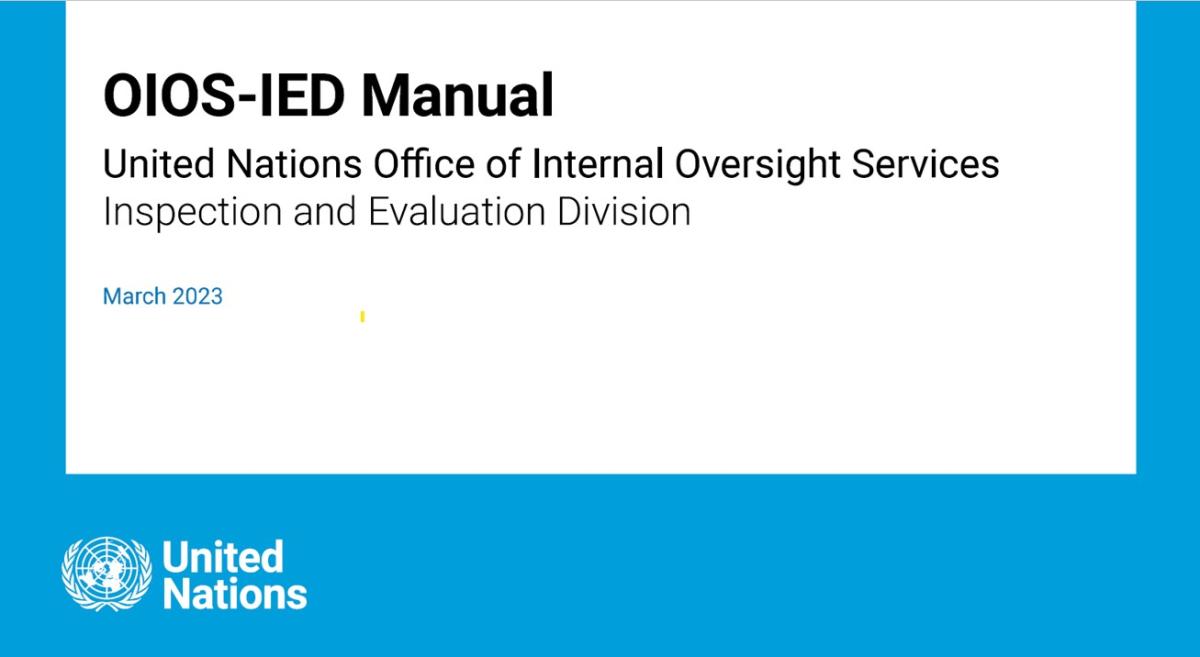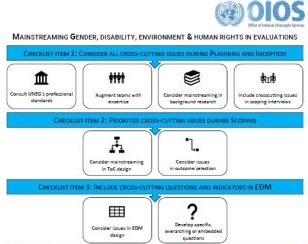Inspection and Evaluation

UN Photo/Loey Felipe | The UN Security Council in session
Our goals for inspection and evaluation
The Inspection and Evaluation Division (IED) aims to help the Organization be more relevant, efficient and effective in accordance with its mandate (A/RES/48/218 B). IED strives to be the best source of information for helping the United Nations work better.
Our evidence-based inspections and evaluations:
- provide accountability to Member States and the public for the activities and resources of the Organization
- help programmes deliver better results to obtain their objectives and mandates
- foster institutional learning by UN management, staff, stakeholders and partners
How we inspect & evaluate
We assess how well the United Nations is performing through both programmatic and thematic lenses, and employ a range of relevant research methods. Read more
What we inspect & evaluate
Our evaluations cover the normative, programmatic, and operational areas of the Organization, including all main pillars and themes of the United Nations. Read more
Inspection & Evaluation Reports
Read our latest evaluation reports of UN Secretariat entities, which are performed on a cyclical basis according to our biennial evaluation work plan. Read more
United Nations Evaluation Dashboard 2018-2019
United Nations Evaluation Dashboard: OIOS conducts biennial review of evaluation across Secretariat entities. Click to access the Dashboard (Login required)
Inspection and Evaluation Manual
This Manual explains how OIOS-IED conducts its evaluation work Read more
Mainstreaming Guidelines for Evaluations
The Guidelines support IED evaluators to mainstream human rights, gender, disability inclusion and environmental issues in all evaluations. Read more







